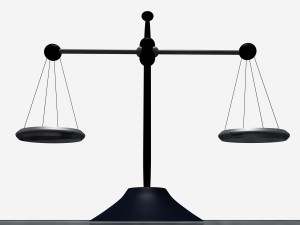
A court ruling last week revived the long-running stem cell debate yet again. In 2001, President Bush allowed federal funding for human embryonic stem cell research on cell lines that were developed before 2001. After taking office, President Obama issued an executive order to remove such restrictions and allow federal funding for all human embryonic stem cell lines. Last week, Judge Royce Lamberth prevented Obama’s order from going into effect and also stated that George W. Bush’s policies violated a 1996 law, called the Dickey-Wicker amendment. While Oncofertility Consortium scientists do not use human embryonic stem cells, the Dickey-Wicker Amendment does affect fertility preservation research.
In 1996, the Dickey-Wicker Amendment, which frames the current stem cell debate, first went into effect. Interestingly, the amendment is not a permanent law. It is actually a rider attached to the funding bill for the Department of Health and Human Services and must be renewed each year.
The Dickey-Wicker Amendment prevents scientists from using federal money to create human embryos or perform research derived from human embryos, such as human embryonic stem cell lines. The Merriam-Webster Dictionary considers an embryo to be “an animal in the early stages of growth.” However, in the amendment a human embryo is defined much more broadly, as any organism “that is derived by fertilization, parthenogenesis, [or] cloning,” of human cells.
So what are these three techniques? Fertilization is the old-fashioned egg-plus-sperm process and includes in vitro fertilization. Parthenogenesis is the process by which an egg can be triggered to start dividing in the absence of a sperm. Without the genetic material of a sperm, the egg will not develop into a fetus or a baby. However, fertility researchers could use parthenogenesis to determine the success of new preservation techniques prior to trials in patients. The third technique, cloning, produces genetically identical organisms in nature or in biotechnology laboratories.
Given Judge Lamberth’s ruling, it will be interesting to see what happens next in the stem cell debate. The Obama administration already said that it will appeal the judge’s decision. It is also likely that Congress will either alter the current Dickey-Wicker Amendment or draft additional legislation to change the regulations on federal funding for human embryonic stem cell research.

